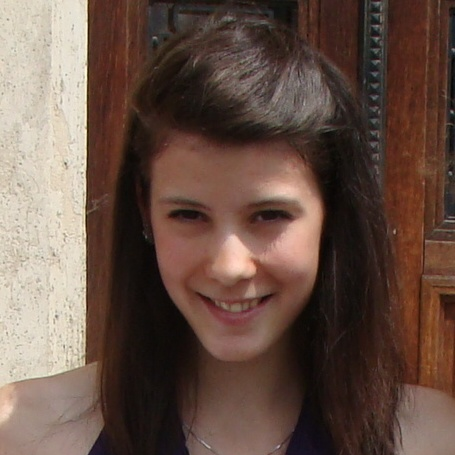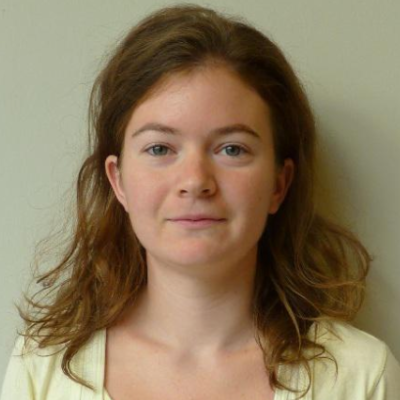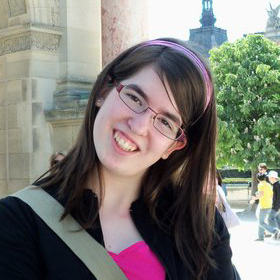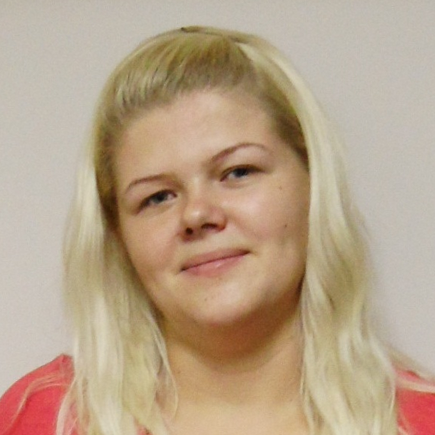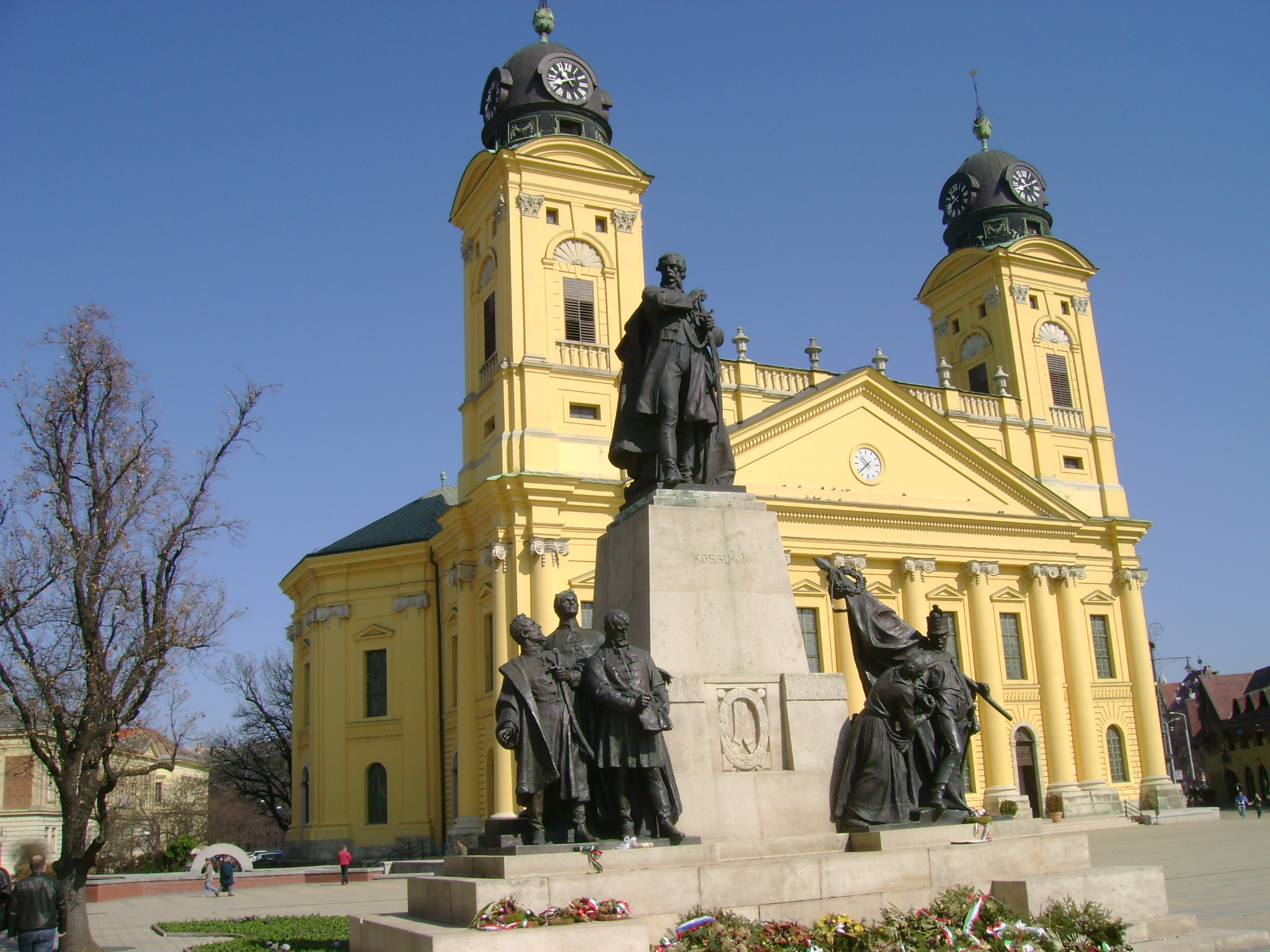Team:Debrecen Hungary/Team
From 2011.igem.org
(→Sponsors) |
(→Sponsors) |
||
| Line 120: | Line 120: | ||
[[File:Oechoklogo.jpg|100px]] | [[File:Oechoklogo.jpg|100px]] | ||
[[File:UD-genomed.jpg|300px]] | [[File:UD-genomed.jpg|300px]] | ||
| - | [[File: | + | [[File:logo_paks.jpg]] |
-------------------------------------------------------------------------------- | -------------------------------------------------------------------------------- | ||
Revision as of 15:04, 17 September 2011
| You can write a background of your team here. Give us a background of your team, the members, etc. Or tell us more about something of your choosing. | |
|
Nuclear hormone receptors (NHRs) are ligand activated transcription factors. They are able to regulate the expression of their target genes by direct DNA-binding, in a ligand-dependent manner. NHRs bear high homology to each other and are modular into distinct regions: N-terminal regulatory region, DNA-binding domain, a Hinge region, Ligand binding domain (LBD) and a C-terminal region. Some Nematode NHRs can be activated by extracted oil contamination of the soil so they can use as possible oil sensors in the future. Zinc finger motifs are the tools of NHRs to bind DNA and regulate gene expression directly. These tiny elements can be tested as direct gene regulators. Controlled gene induction can also lead to programmed cell death which is a less harmful tool in order to quit non-functionable cells. | File:Debrecen Hungary team.png Your team picture |
| Team Example |
Meet the Team
About the teamOur team consists of members from different field of studies. We have four molecular biologist master students, a Biotechnology M.sc. student and a biology bachelor student working in the wet lab. We also invited a high school student to join the team giving her a chance to try herself in the bond of a Lab at a University. We all think that it was fun and also beneficial to be together, learning from and supporting each other during the summer. We really got close to each other, and we're sure that we will keep in contact even after the Jamborees. még vmi ötlet.. + team photo. Team roasterInstructors
|
Debrecen
Debrecen is one of the most vivid and coziest nooks in Hungary: this city is a unique and outstanding whirlpool of a dynamic cultural and intellectual heritage and of an effective and successful economic life. The centuries’ old traditions and the most recent technical and scientific innovations enhancing each other make Debrecen a nationally and internationally renowned city.
This lively city in the heart of the Carpathian Basin awaits the visitors with a cornucopia of programs and events, from a number of excellent art exhibitions, folk programs to many sports and leisure events. The outstanding collections of the local museums, the historical monuments of the city or the various and imposing programs of local folk traditions enchant all visitors who wish to explore the marvels of Debrecen: choir festivals, folk festivals, carnivals, breath-taking exhibitions, fairs offer their programs and goods for the visitors. At the same time Debrecen, which is a university centre, is also a place for conferences and scientific meetings, and this serves the active and organic cooperation of the city’s economic, scientific, educational and cultural life.
This culturally and scientifically active life is combined with a splendid leisure and wellness sphere as well: the recently renovated Mediterranean Aqua Park and the charming Zoo in the centre of the romantic Great Forest offer excellent time for the whole family, while the Aquaticum Wellness and Spa Resort designs exclusive health treatments and wellness care programmes for the visitors as Debrecen is one of the largest centres of mineral thermal water in Europe. This leisure life is enriched by the active sport life of the city: Debrecen has been hosting a number of national and international sports events from national championships to European and World championships. For the lovers of rural country life the Erdőspuszta territories and Hortobágy is a must to visit, because the calm and enchanting atmosphere is an excellent basis for relaxation, while those who seek pleasures in fishing, hunting and riding may also enjoy the region.
Thus, this city in the eastern periphery of the country is an unparalleled place – not only because of the flourishing cultural, scientific and social life but because of the dynamic economic and industrial traditions as well, which has established an outstanding and marvellous atmosphere in Debrecen.
University of Debrecen
The history of higher education in Debrecen goes back to the 16th century. The city established the Calvinist College of Debrecen in 1538. The College became soon the most important cultural center of the whole country, where a great number of writers, scientists and politicians received their education.
In the 18th century the schools of Law and Theology were founded and although no separate School of Medicine existed, physicians were also trained in the College. Today's University Medical School is rooted in this spiritual heritage. The present day Debrecen is also famous for its schools and higher educational establishments. The Medical School of the University of Debrecen is Central Europe's first campus medical school. It was in the year of the millennium (1896) of Hungary's foundation when the establishment of a modern University was decided upon in Debrecen. The University was officially inaugurated on October 23, 1918 and at that time consisted of four faculties: Arts, Science, Theology and Medicine. The Faculty of Medicine became an independent University Medical School under the supervision of the Ministry of Health in 1951.
The Medical School has 22 departments of basic sciences and 25 clinical departments specializing in various fields e.g. clinical chemistry, internal medicine, surgery, orthopedics, radiology, neurology, neurosurgery, psychiatry, pediatrics, obstetrics and gynecology, cardiology and pulmonology, oto-rhino-laryngology, dermatology, ophthalmology, stomatology and urology. The Medical School serves as the city hospital for Debrecen therefore students of upper terms may also obtain their clinical training here.
Education at Debrecen Medical School is accredited by the World Health Organization, US Department of Education, The State Education Department (NY, USA), Medical Board of California , the General Medicine Council (UK - PLAB exam is compulsory), Medical Councils of Israel, Ireland, Iran and Norway. In most European countries - not listed above - and also in India the diploma of the University of Debrecen, Medical and Health Science Center is accepted for registration purposes; however a qualifying exam is compulsory.
The Lab
The Nuclear Receptor Research lab, led by Laszlo Nagy, focuses on the molecular and cell biology of lipid activated transcription factors, so called nuclear receptors. We are interested in the molecular details of hormone action. Lipid soluble hormones such as oestrogens and retinoids act via these receptors that bind to and regulate the expression of certain genes. The aim of the eleven PhD students, four postdocs and senior researchers, associated with several undergraduate students is to understand the details and molecular determinants of these interactions using molecular and cell biological approaches.
To do so, we target our questions from different aspects, applying high variety of techniques, including basic RNA and protein biology, advanced microscopy, animal models, microarray techniques and bioinformatics. The Genomics Center is a core facility and research laboratory, a unit of the Department of Biochemistry and Molecular Biology (University of Debrecen Medical and Health Science Center). It has been established to support the University of Debrecen scientific community, as well as other academic research teams interested in using high-throughput genomics and bioinformatics for their research projects. We put special emphasis on supporting clinical genomics projects investigating the pathomechanism of diseases or searching for novel drug targets.
 "
"






